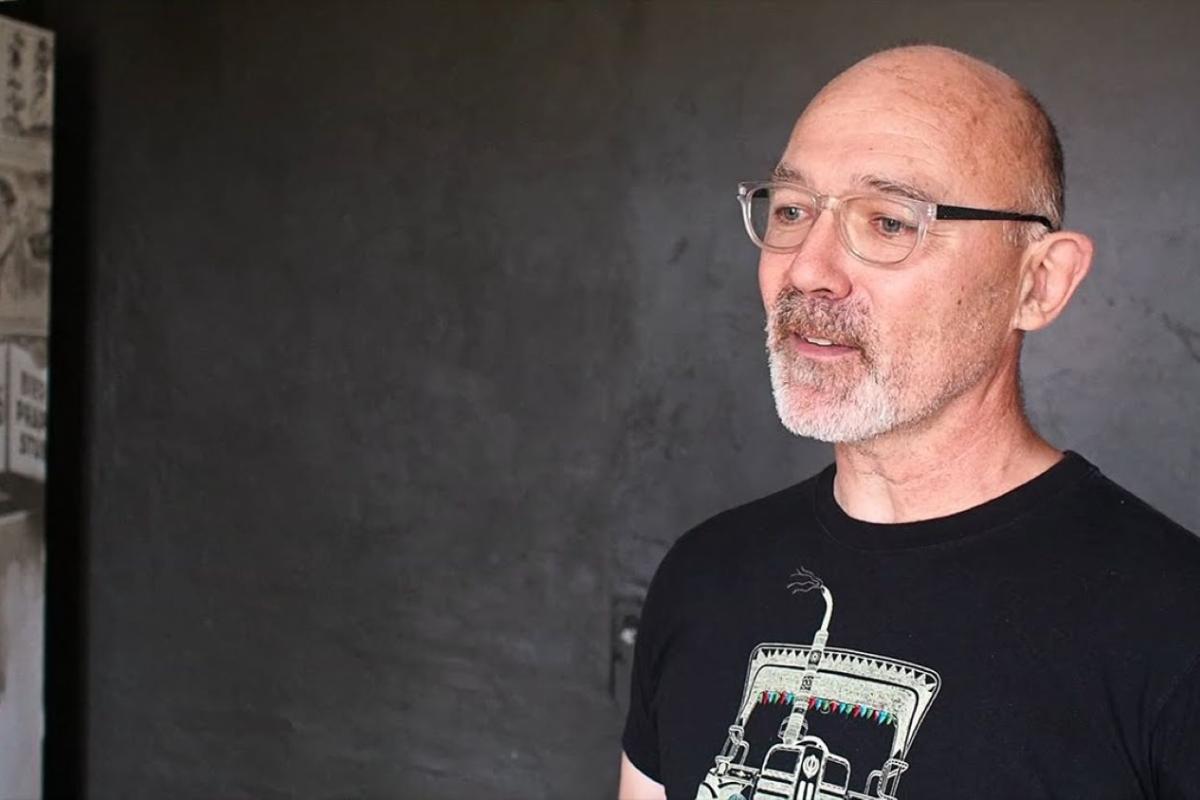The space in our lives is always under pressure. There are powerful forces that combine to squeeze it out. First among these is technology. Machines work well at a constant speed — and the faster the better. They are designed and built for it. Whether they are spinning cotton or crunching numbers, regular, repetitive actions are what they excel at and, increasingly, our world is designed by machines, for machines. What works well for machines doesn’t work well for people, yet digital technology intrudes ever more intimately into our lives. We may hold our phones in the palm of our hand, but it is they that have us in their grasp.
We find ourselves adapting to machines and hold ourselves to their standards: people are judged by the speed with which they respond, not the quality of their response. Our language and norms evolve to reflect this. ‘Always on’ becomes something to boast of, or aspire to. Such ideas are being woven into our culture. As more of
us dwell in cities with little direct connection to nature, older cultural practices that were more in tune with the ebb and flow of seasons and tides are flattened or lost; buried under an insensible, incessant, machine-driven beat.
We give high status to busy-ness. We have created a sprawling industry of ‘personal productivity’ and time management, which once again owes a lot to machines, prizing efficiency above all else. The idea that speed equals productivity is so widespread and dominant we are hardly aware of it. Thus we associate pause with delay and procrastination, not deliberation or wisdom.
The twin forces of technology and culture draw upon and feed a third influence, rooted deep in our psyche. Overwork, or constant work, can be a means of escaping ourselves. It covers a yawning well of anxiety about what might happen if we were to stop. We are fearful of what we might discover. If we are not ticking things off our to-do list, then who are we?
Faced with that anxiety we try to keep calm by carrying on. The confluence of these forces keeps us going relentlessly, even at considerable cost to ourselves. Together, they create a myopic loop that makes it hard to see any other option. We convince ourselves we are indispensable and so exist in a state of ‘continuous partial attention’ where we are constantly interrupted but never consciously pause. To pause becomes taboo.
Use the code PAUSE for a 15% discount on copies of Do Pause purchased here. The book also comes with a free ebook download.
Rob is speaking at our 2019 London Bravest Conference on 6 November at the Science Museum. Last tickets left, book yours today.



